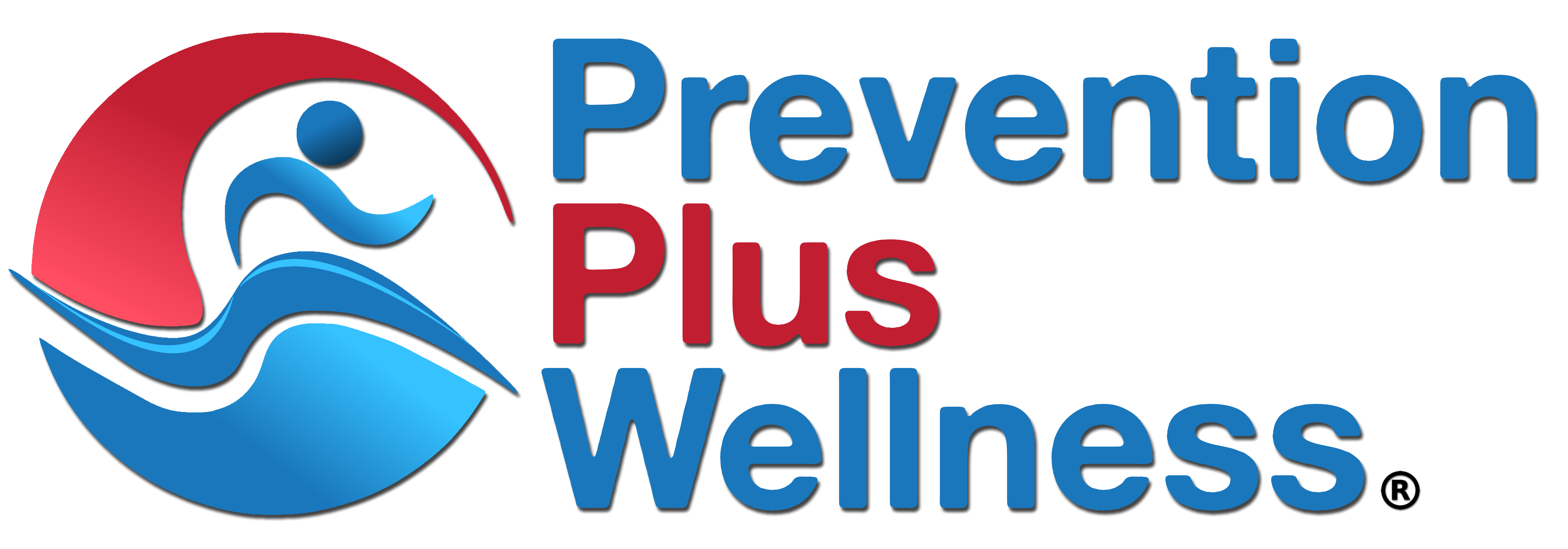An article published in EducationWeek last year (2023) reported on the results of an EdWeek Research Center survey of 3,480 school-based health professionals about student substance use.
Sixty-seven percent of the respondents said student vaping, smoking, and/or chewing tobacco products is “a challenge” or “a major challenge” to deal with in their districts. Student marijuana use is “a challenge” or “a major challenge” for 56 percent of respondents; 40 percent said the same for alcohol; and 23 percent for opioid use.
An overwhelming majority of school-based health professionals reported seeing an increase in the number of students using marijuana (72 percent) or vaping/smoking/chewing tobacco (83 percent) since 2019.
When asked what their school or district is doing to address students’ mental health/substance-use challenges, the top five answers from school-based health professionals were: providing mental health care through community partnerships; in-school, one-on-one therapy; training all staff to flag issues; training staff to offer support; and keeping naloxone (medicine that treats opioid overdoses) on hand.
These results highlight the increasing concerns school health professionals have regarding student use of e-cigarettes, marijuana, alcohol, and opioids.
Surprisingly, providing evidence-based substance use prevention programs was not identified among the top actions schools are taking to address student substance abuse, suggesting a significant need to include effective school-based prevention programs to reduce youth substance use and enhance their mental health.
A key barrier to providing evidence-based prevention programs in school settings is their length and complexity. Prevention programs typically include 6-12 or more sessions/lessons and often involve multiple days of training to implement them with fidelity.
One option is to provide brief prevention interventions, such as the one-session evidence-based SPORT (Alcohol/Drug) Prevention Plus Wellness (PPW) program or Screening, Brief Intervention and Referral to Treatment (SBIRT) protocols with a built-in prevention program, such as SPORT PPW SBIRT.
Both programs use a scripted protocol reducing the among of time needed for training to implement them (usually two hours), and SPORT PPW SBIRT is also available in an online version for easy implementation and tracking by health professionals.
Read the entire article: https://www.edweek.org/leadership/schools-face-big-challenges-in-curbing-students-substance-abuse/2023/06
Learn more about PPW programs and training: https://preventionpluswellness.com
